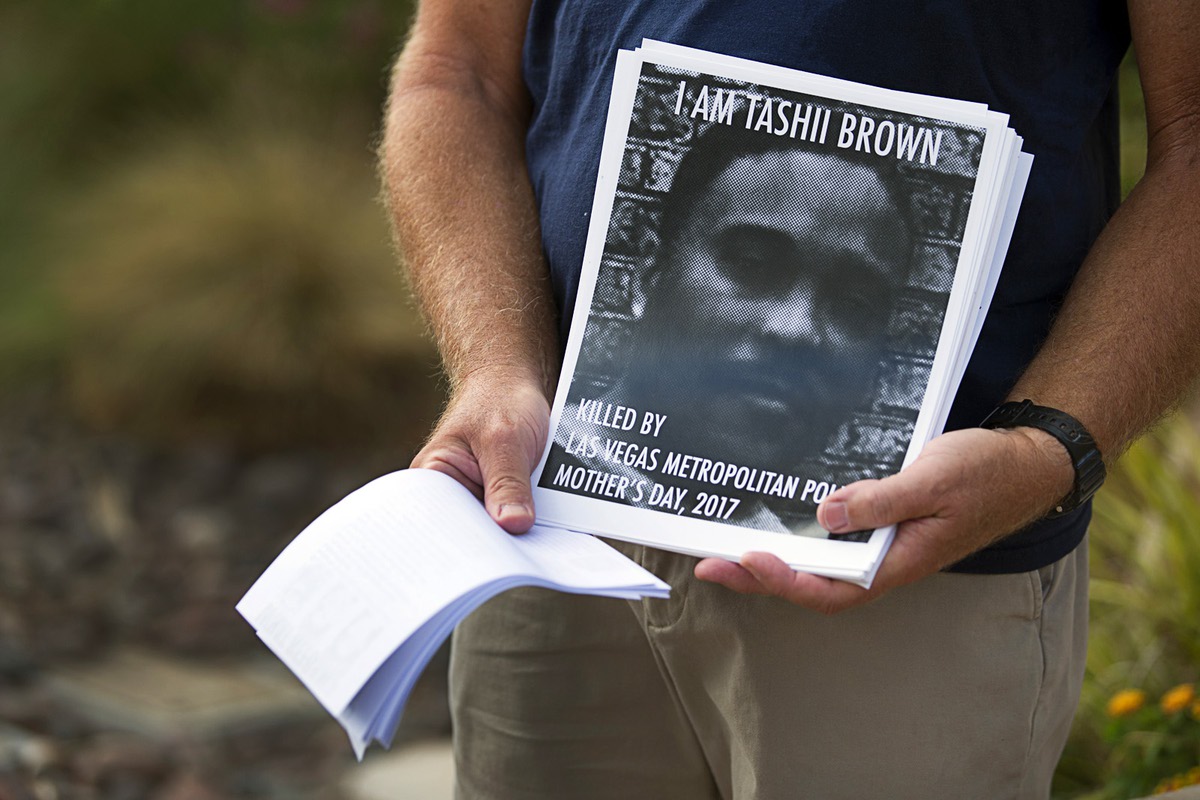You are using an out of date browser. It may not display this or other websites correctly.
You should upgrade or use an alternative browser.
You should upgrade or use an alternative browser.
COMMUNITY Social Justice Thread: R.I.P. George Floyd, Ahmaud Arbery, Breonna Taylor & now Tyre Nichols
- Thread starter StringerBell
- Start date
More options
Who Replied?StringerBell
OG
Black cartoonist's work on race relations and coronavirus prompted newspapers to drop it: 'I am being silenced over white feelings'
The cartoonist's comic depicted two women at the grocery store, one wearing a mask and a George Floyd tribute and the other not.
The Lonious Monk
Celestial Souljah

Black cartoonist's work on race relations and coronavirus prompted newspapers to drop it: 'I am being silenced over white feelings'
The cartoonist's comic depicted two women at the grocery store, one wearing a mask and a George Floyd tribute and the other not.daily.comms.yahoo.net
So they dropped the comic for a depiction of an interaction that isn't that far from like 1000 incidents we've seen in real life?
Disanthrope
Mindfucker. Inconvenient Truth + Necessary Evil

L.A. District Attorney's Husband Charged After Pointing Gun At BLM Protesters - LA Weekly
Los Angeles County District Attorney Jackie Lacey's husband, David Lacey, faces misdemeanor assault charges after pointing a gun toward BLM protesters.www.laweekly.com
I don't get it... a black Democrat aims a gun at blm???
Dwayne
Just a lowkey chill guy
I don't get it... a black Democrat aims a gun at blm???
What does LA mean in BLMLA?
Disanthrope
Mindfucker. Inconvenient Truth + Necessary Evil
The los angeles chapterWhat does LA mean in BLMLA?
Dwayne
Just a lowkey chill guy
The los angeles chapter
So they connected to the BLMLBGT?
TrappinJmac
Member
FUCK Tucker Carlson Bitch ass
TrappinJmac
Member
Jackie Lacey is Corrupt
Race Jones
gangster. grace. alchemy
You know what? I hate to say it, but @Race Jones and other feminists are kinda right. You see how quickly all those CACs swarmed that dude when he hit that chick? We've seen dozens of videos with dudes doing that or worse to a black woman, and I've never seen that kinda reaction from the niggas standing around. There should be no set of circumstances where a bunch of hillbillies and rednecks come off looking better than us.
im not a feminist but yes, yes i tend to be right more often than not
:tuh:
Disanthrope
Mindfucker. Inconvenient Truth + Necessary Evil
Yea Alt-rightim not a feminist but yes, yes i tend to be right more often than not
:tuh:
LurkerSix
OG
Louisiana Supreme Court Decides a Black Man Should Stay in Prison for the Rest of His Life for Stealing Hedge Clippers

 www.theroot.com
www.theroot.com

Louisiana Supreme Court Decides a Black Man Should Stay in Prison for the Rest of His Life for Stealing Hedge Clippers
There has been plenty of discussion about whether prison is more about rehabilitation, punishment or keeping society safe. However, for Black people especially, it often seems like there’s a fourth option: Prison is about throwing undesirable people away.
 www.theroot.com
www.theroot.com
There has been plenty of discussion about whether prison is more about rehabilitation, punishment or keeping society safe. However, for Black people especially, it often seems like there’s a fourth option: Prison is about throwing undesirable people away.
More than 20 years ago, a Black man was given a life sentence for stealing a pair of hedge clippers. Last week, the Louisiana Supreme Court denied that man a request to have his sentence reviewed citing prior bad acts, most of which were nonviolent. Only one of the seven justices on the bench agreed that his sentence should be reviewed—the Black one.
The Washington Post reports that Fair Wayne Bryant was 38 years old when he was arrested in Shreveport, La., and has now spent nearly 23 years at Louisiana State Penitentiary at Angola, which happens to be America’s largest maximum-security prison and one that sits on land that used to be home to a slave plantation.
Chief Justice Bernette Johnson was the lone voice of dissent, the only African American justice and, apparently, the only one among her colleagues able to see systemic racism working in real-time.
“Mr. Bryant has already spent nearly 23 years in prison and is now over 60 years old,” she wrote in a statement. “If he lives another 20 years, Louisiana taxpayers will have paid almost one million dollars to punish Mr. Bryant for his failed effort to steal a set of hedge clippers.
“This man’s life sentence for a failed attempt to steal a set of hedge clippers is grossly out of proportion to the crime and serves no legitimate penal purpose,” she added.
Prior to being condemned to spend the rest of his life in a maximum-security prison, Bryant had four felonies on his criminal record. His most serious and only violent crime was an attempted armed robbery of a cab driver for which he was convicted in 1979 and served 10 years in prison. His other crimes include being in possession of stolen goods and forging a check. In 1992, he was convicted of breaking into a home and stealing personal property for which he served another four years in prison.
In 1997, when Bryant was convicted of attempted simple burglary for stealing the hedge clippers, prosecutors cited Louisiana’s habitual offender laws, which “allows prosecutors to seek harsher sentences for lesser crimes if a defendant has previous convictions,” the Post reports.
Johnson believes those laws are a “modern manifestation” of the “Pig Laws,” which she said were designed to keep Black people in poverty during the Reconstruction era.
From the Post:
In 2000, Bryant argued to Louisiana’s 2nd Circuit Court of Appeal that his sentencing was “unconstitutionally excessive.” The court basically ruled that since he’d already spent much of his adult life behind bars, he might as well be kept in lockup forever.In the years following Reconstruction, she wrote, Southern states introduced extreme sentences for petty theft, such as stealing cattle and swine, that criminalized recently freed African Americans who were still struggling to come out of poverty.
Much like Black Codes before them, they allowed states to sentence people to forced labor. Under these laws, the Black prison population in the Deep South exploded starting in the 1870s.
“Pig Laws were largely designed to re-enslave African Americans,” Johnson wrote.
Those laws have drawn heavy scrutiny for allowing excessively harsh sentences and driving mass incarceration. Almost 80 percent of people incarcerated in Louisiana prisons under the habitual offender laws are Black, the Lens reported.
The court wrote that the “litany of convictions and the brevity of the periods during which the defendant was not in custody for a new offense is ample support for the sentence imposed in this case.”
Two appeals later, Bryant won the possibility of parole, which he was previously denied. But his motions to have his sentencing reviewed—in which he argued that he “received an illegal sentence and should have been appointed a lawyer during a resentencing hearing,” the Post reports—were denied by higher courts and denied again on July 31 by the state’s Supreme Court.
No one should have their freedom taken away from them indefinitely for committing a nonviolent crime. It’s unconscionably cruel and the fact that Black people represent 80 percent of those sentenced in Louisiana under habitual offender laws shows that the lives of Black folks—who are often treated as lesser even when we have clean records—are easily regarded as disposable.
StringerBell
OG

Poll: Most Black Americans Want Police to Remain in Their Areas
Most black Americans say they want police to continue their current presence in local areas, even as protests against racism and police brutality sweep the nation, and calls to reform and even defund police departments persist.Close to two-thirds, 61 percent, of black Americans said they want...
The Lonious Monk
Celestial Souljah

Poll: Most Black Americans Want Police to Remain in Their Areas
Most black Americans say they want police to continue their current presence in local areas, even as protests against racism and police brutality sweep the nation, and calls to reform and even defund police departments persist.Close to two-thirds, 61 percent, of black Americans said they want...news.yahoo.com
That's not surprising. Most blacks don't want cops gone. They just want cops to be better.
StringerBell
OG

Port Authority union says two drivers disciplined for wearing Black Lives Matter masks
The Amalgamated Transit Union says Port Authority violated free speech rights by punishing drivers wearing masks reading Black Lives Matter.
StringerBell
OG

Change laws that shield police, Missouri prosecutor says | Chattanooga Times Free Press
After a third review failed to uncover enough evidence to charge the officer who fatally shot Black 18-year-old Michael Brown in Ferguson, Missouri, some prosecutors and civil rights leaders agree it's time to focus on changing the laws that shield police.
StringerBell
OG

Nevada Assembly passes bill banning police chokeholds
The Nevada Assembly passed a police reform bill on Saturday banning chokeholds by law enforcement ...
StringerBell
OG

Colorado DA orders investigation into Aurora police over stolen vehicle mix-up | CNN
Colorado's district attorney is launching an investigation into an incident in which Aurora police drew their guns on a Black woman and four minors after mistaking her car for one that had been stolen.

